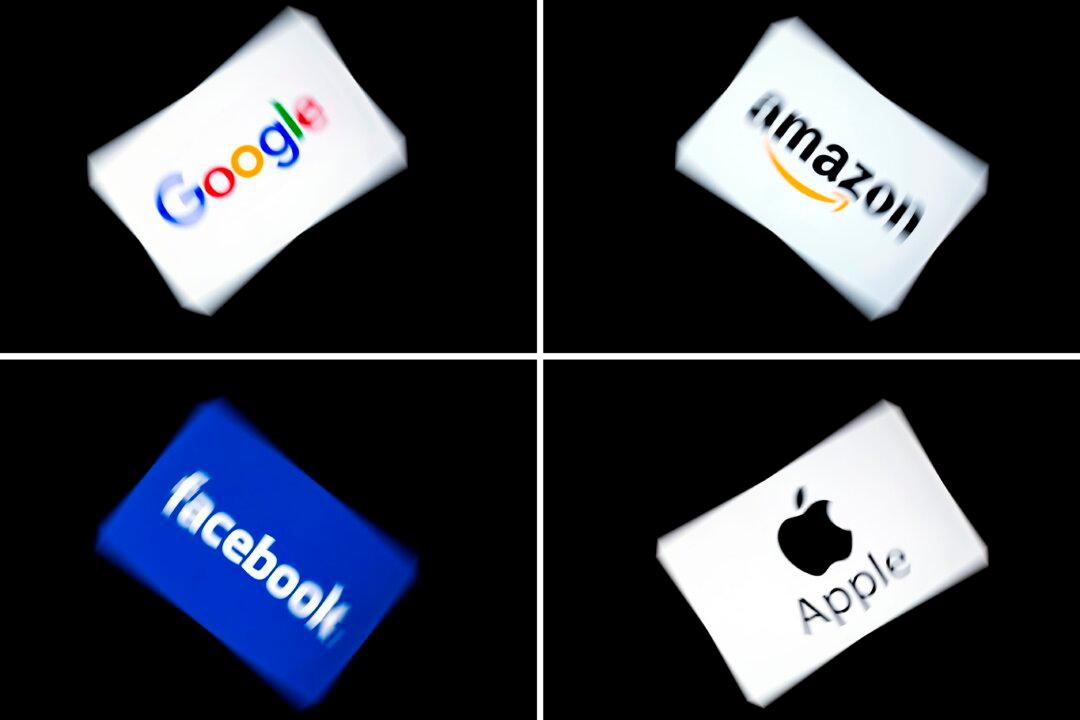A final report from a bipartisan congressional antitrust probe into big technology companies is expected to be completed by the “first part” of 2020, according to the chairman of the House’s antitrust panel.
The subcommittee of the House’s Judiciary Committee is investigating Facebook, Google, Amazon, and Apple over potential breaches of antitrust law. So far, the subcommittee has received tens of thousands of documents from the four companies, Rep. David Cicilline (D-R.I.) told reporters on Oct. 18.





